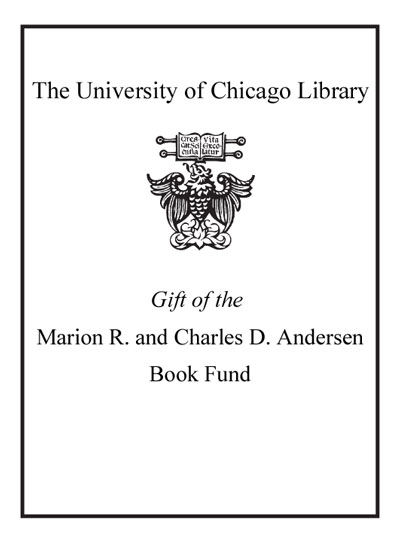Review by Choice Review
Using archival research of legislative records, Acosta (Univ. of Sussex, UK) explores the dynamics of executive-legislative relations in Ecuador from the return to democracy in 1979 through 2002. His account focuses on the role played by so-called "ghost coalitions"--alliances built quietly in which legislators did not publicly acknowledge their parties' pledged support for the presidency. After a theoretical chapter on major influences on policy making, empirical analyses examine voting on market-oriented reforms, roll-call voting, legislative defection away from their parties and toward the president's preferred position, and the dynamics of coalition bargaining during the 1990s. Acosta provides some interesting findings regarding the importance of legislators from smaller districts in several scenarios. Both the theoretical punch of this series of studies and their readability could have been improved considerably by more detailed case studies of some of these coalition efforts. For a cross-national examination of legislative dynamics in the Americas, see Scott Morgenstern's excellent Patterns of Legislative Politics (CH, Jan'05, 42-3052). This study improves the understanding of Ecuadoran politics and is recommended for graduate students and above. Summing Up: Recommended. Graduate, research, and professional collections. C. H. Blake James Madison University
Copyright American Library Association, used with permission.
Review by Choice Review

